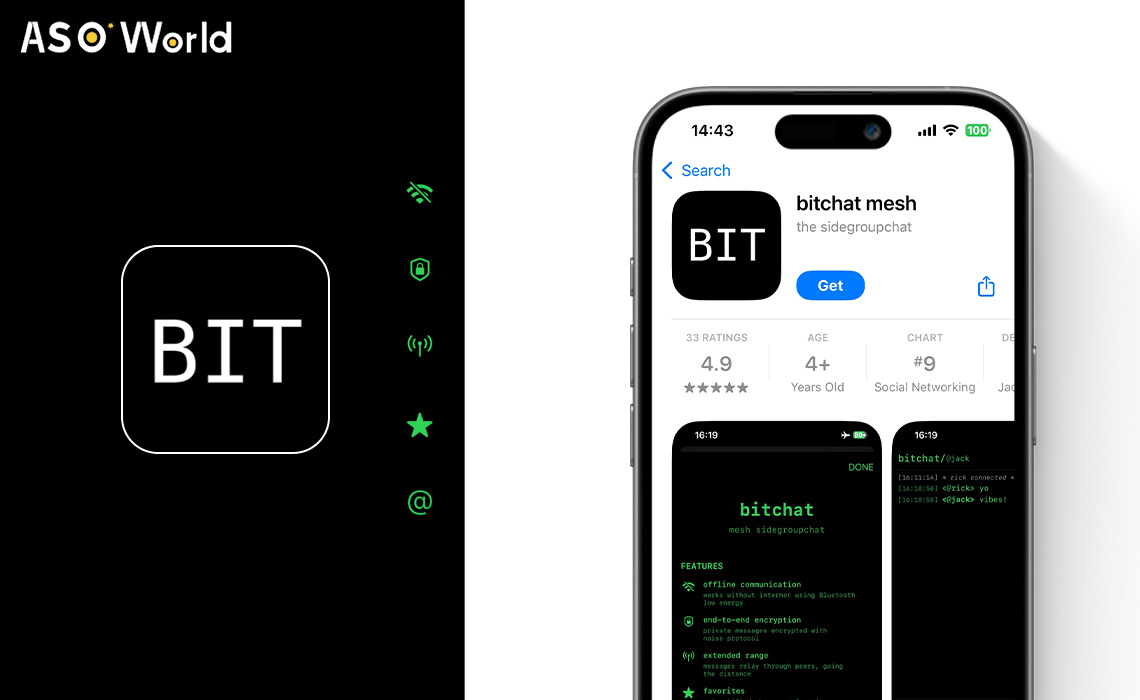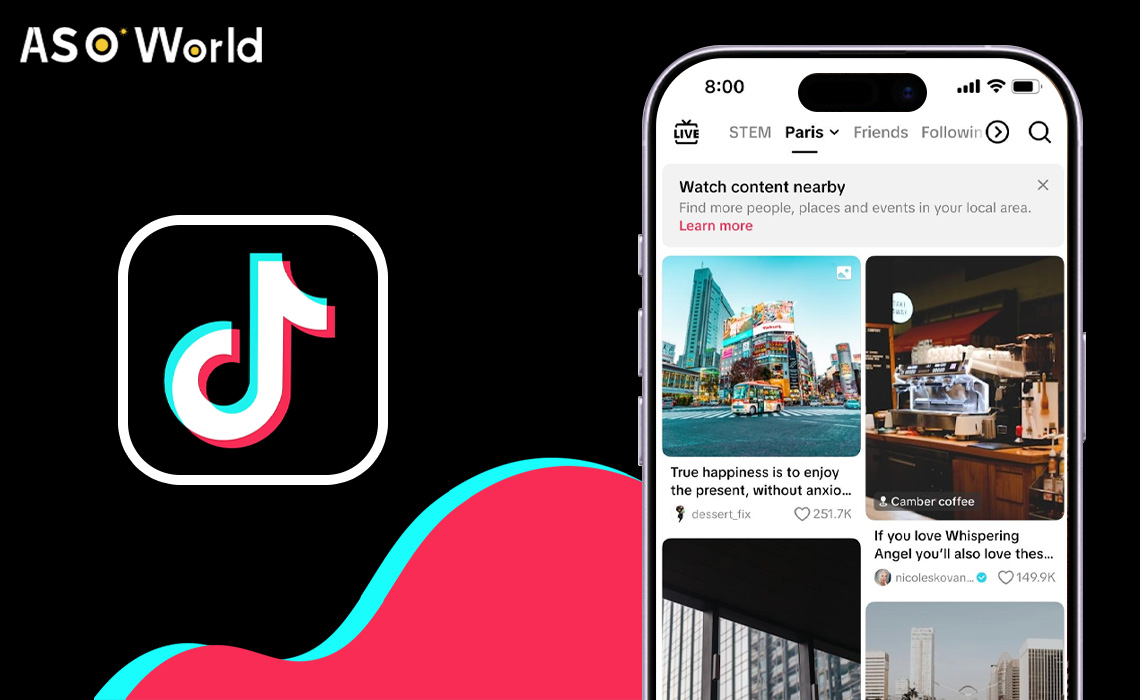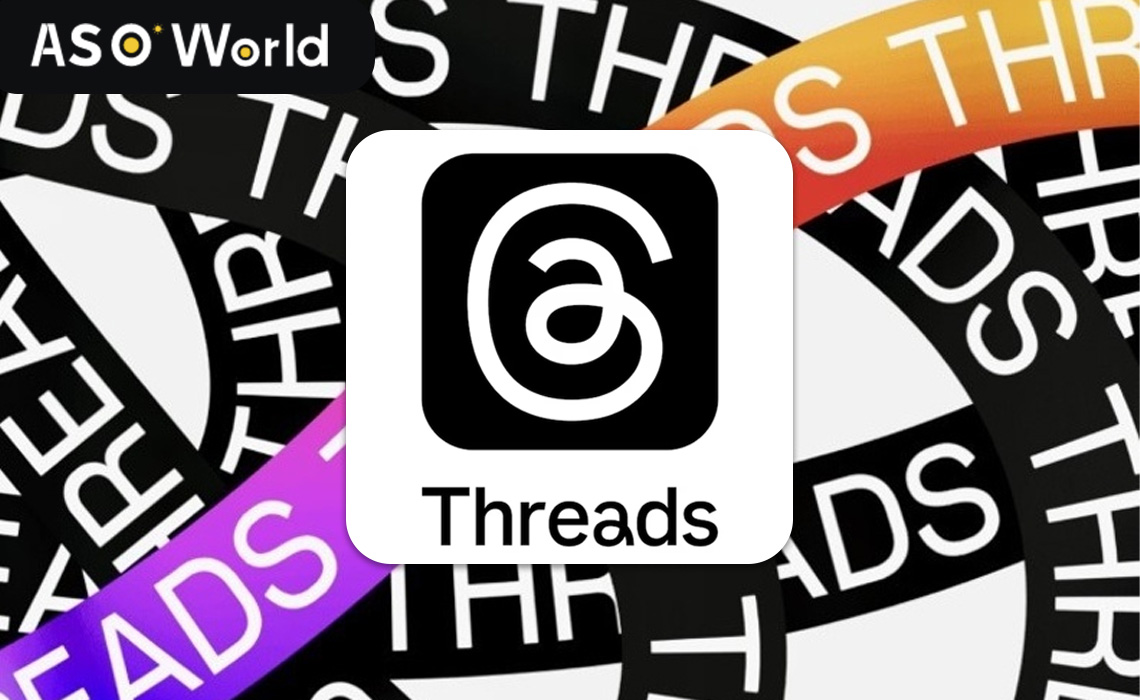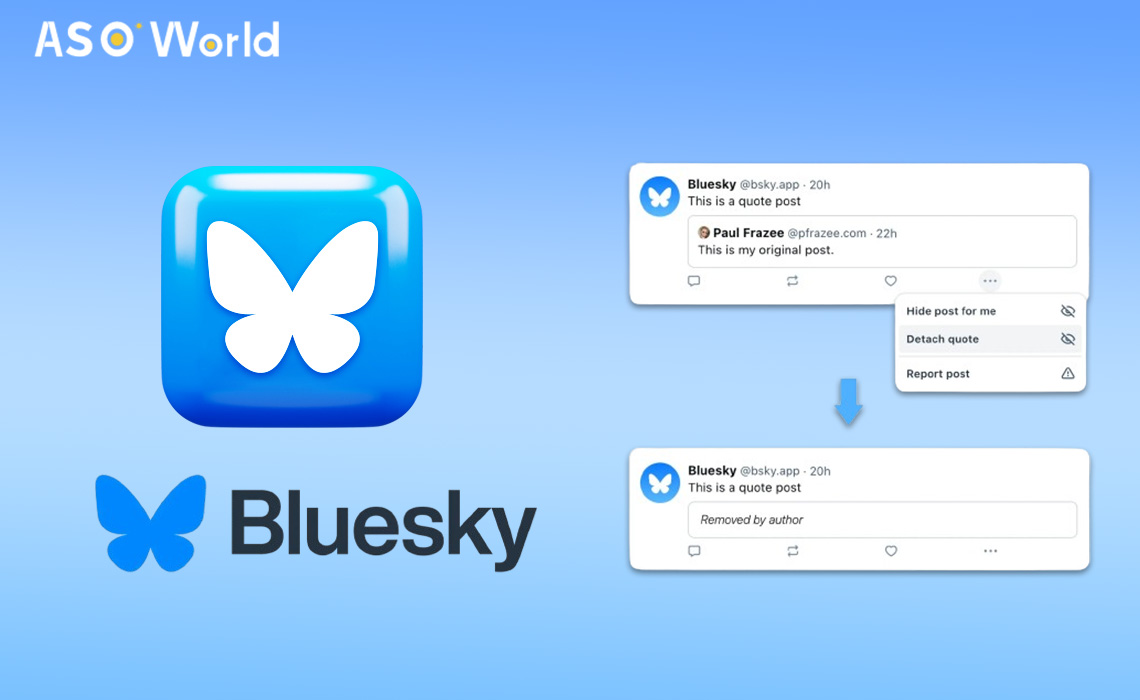In a world where staying connected often hinges on Wi-Fi or cellular data, Jack Dorsey, the visionary co-founder of Twitter and CEO of Block, has launched Bitchat, a revolutionary messaging app that thrives without an internet connection.
Released on the iOS App Store on July 28, 2025, this lightweight, privacy-focused app is already making waves, ranking in the top 10 of the U.S. App Store's Social Networking free chart and the top 100 free apps within one day.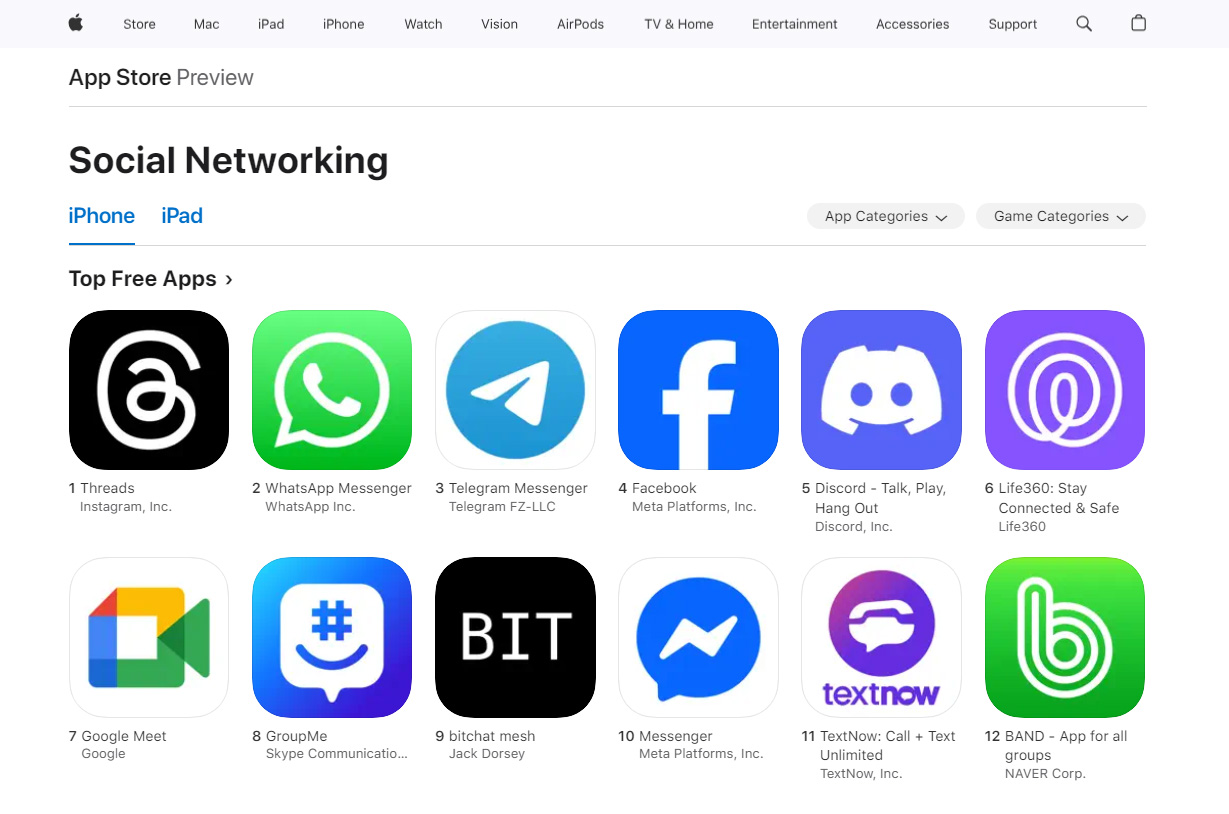
Here's everything you need to know about Bitchat, its unique features, and why it's capturing the attention of tech enthusiasts and privacy advocates alike.
Bitchat's Background
Jack Dorsey announced Bitchat as a "weekend project" on X, describing it as an exploration of Bluetooth mesh networks, encryption models, and store-and-forward systems.
Built with the help of Block's AI coding tool, Goose, Bitchat reflects Dorsey's passion for decentralized, user-controlled technology—a theme consistent with his work on Twitter, Bluesky, and Bitcoin advocacy.
Unlike traditional messaging apps, Bitchat was designed to empower users in scenarios where internet access is unreliable or nonexistent, such as during natural disasters, protests, or crowded festivals.
Its open-source code, available on GitHub, invites developers to contribute, ensuring transparency and community-driven evolution.
Key Features
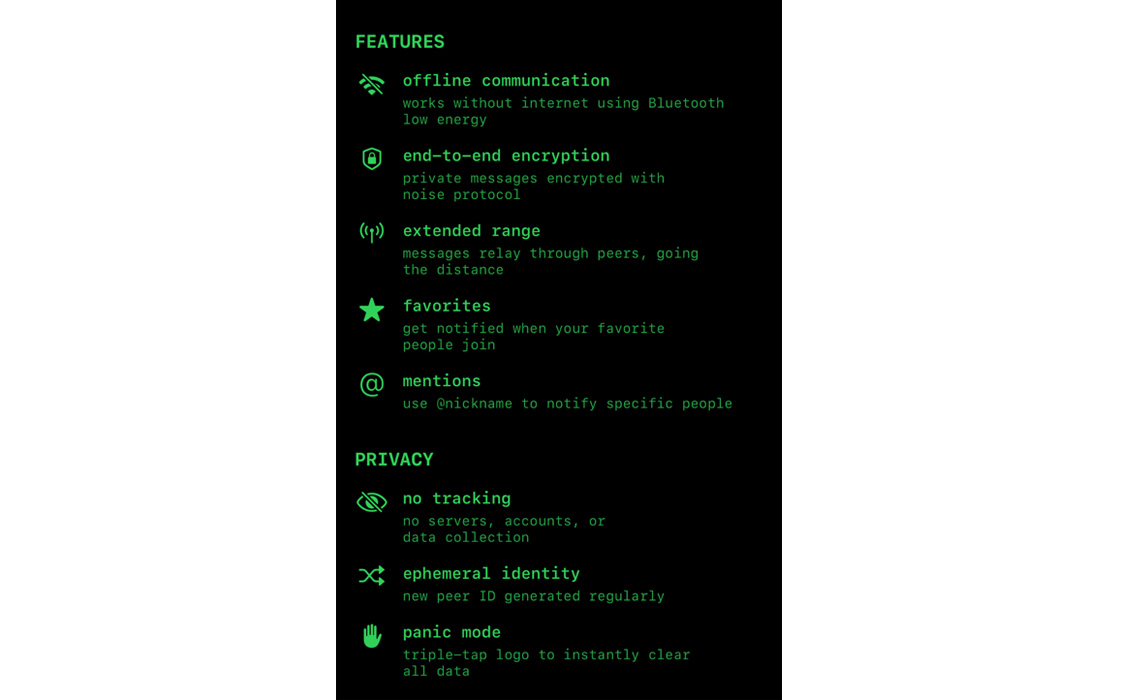
(Bitchat App Store Screenshot)
No Contact Info Needed
Bitchat eliminates the need for personal details like phone numbers or emails.
Users simply pick an @nickname and can instantly connect with others nearby, making it ideal for spontaneous interactions at events like music festivals, conferences, or local meetups.
This anonymity-first approach ensures you can chat freely without compromising your privacy.
Bluetooth Mesh Networking
By leveraging Bluetooth Low Energy (BLE) mesh networks, Bitchat enables communication without Wi-Fi or cellular service.
Messages hop between devices within a 100-meter range, extendable to 300 meters through relays, ensuring connectivity even in remote or crowded settings.
This makes it a lifeline in areas with poor infrastructure or during network outages.
Encrypted Private Messages
Privacy is paramount with Bitchat. All private messages and group chats are secured with end-to-end encryption using the Noise Protocol, ensuring only the intended recipients can access the content.
This focus on security appeals to users wary of data breaches or surveillance common in centralized apps.
Group Chats for Any Occasion
Bitchat's hashtag-based group chats, or "rooms," let users create topic-specific conversations, like #FestivalVibes or #HikingPlans.
Optional password protection adds an extra layer of control, making it easy to organize events or discuss shared interests securely, whether at a concert or a community gathering.
Offline Delivery
With its store-and-forward system, Bitchat ensures messages reach their recipients even if they're temporarily offline.
Messages are cached on nearby devices and delivered when the recipient reconnects, making it reliable for asynchronous communication in unstable environments.
Panic Mode
In high-stakes situations, Bitchat offers a Panic Mode feature: triple-tap the logo to instantly clear all data from the device.
This rapid wipe ensures sensitive communications are erased, providing critical protection for activists or users in volatile environments.
Emergency Wipe Feature
For users in sensitive situations, Bitchat offers a quick data wipe option—triple-tap the logo to erase all local data instantly.
This feature provides peace of mind for activists or anyone needing to protect their communications in high-risk scenarios.
Battery-Saving Design
At just 2.1 MB, Bitchat is optimized for efficiency.
It uses LZ4 compression to minimize data size and adaptive power modes (Power Saver at <30% battery, Ultra-Power Mode at <10%) to reduce battery drain, ensuring it only consumes power during active use.
Bitcoin Integration (Experimental)
An experimental feature allows users to send Bitcoin via Cashu ecash wallets over Bluetooth, as demonstrated in recent X posts.
This offline crypto transaction capability positions Bitchat as a potential game-changer for decentralized finance, appealing to crypto enthusiasts seeking untraceable transactions.
How It's Different
Unlike mainstream apps like WhatsApp, Signal, or Telegram, Bitchat operates entirely offline, bypassing centralized servers and data collection.
Here's how it stands apart:
-
Offline Power: Works in no-signal zones, unlike cloud-based apps.
-
No Data Tracking: No accounts or personal data stored, unlike most social apps.
-
Decentralized: Peer-to-peer mesh avoids single points of failure.
-
Niche Use: Perfect for festivals or crises, unlike Signal’s online focus.
App Store Performance
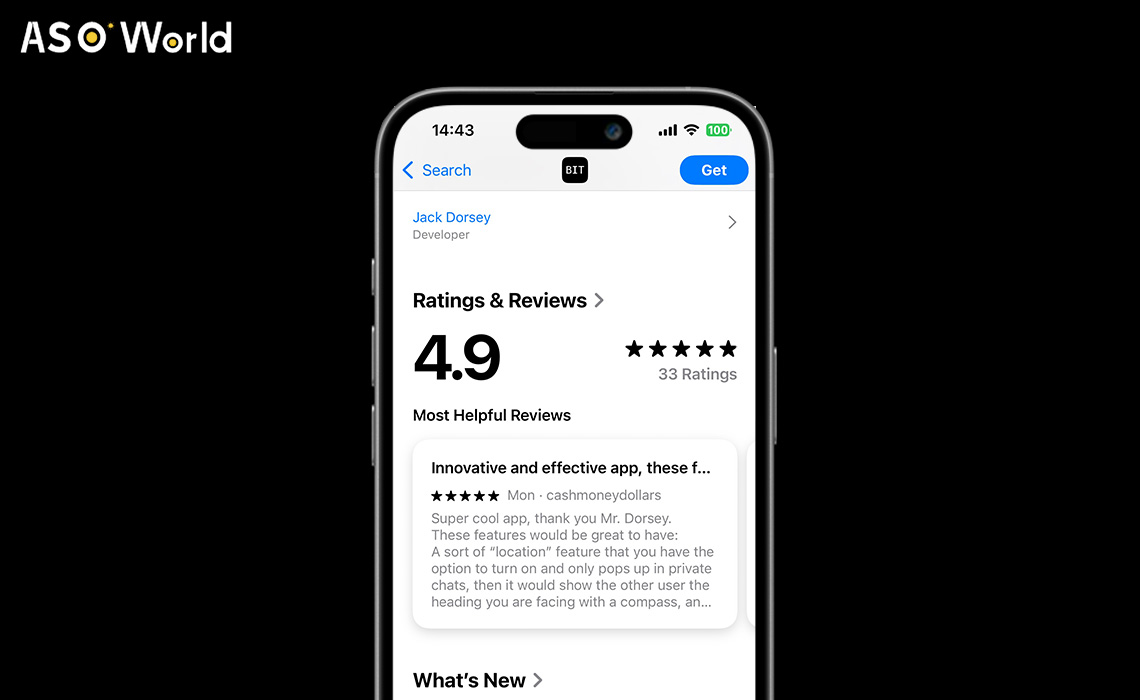
Since its debut, Bitchat has garnered a stellar 4.9/5 rating on the App Store, with users praising its simplicity, privacy focus, and effectiveness in offline settings like airplane mode.
Some users have called it "a game-changer for festivals" and "a lifeline in emergencies," though some suggest adding features like location sharing or ASCII image support.
Its rapid rise to the top 10 in Social Networking and top 100 free apps in the U.S. App Store reflects strong early adoption, fueled by Dorsey's reputation and the app's unique value proposition.
However, it's not yet available globally, and Android users must wait for an official release, as fake apps have appeared on Google Play, prompting warnings from Dorsey.
Security Notes
While Bitchat promises robust encryption, security researchers like Alex Radocea have flagged concerns, noting that the app launched without external security review.
Issues like potential identity impersonation and a buffer overflow bug were reported, though Dorsey's team quickly patched vulnerabilities and adopted the Noise Protocol for improved encryption.
A GitHub warning advises against using private messages for sensitive cases until fully reviewed, but public chats are deemed secure.
This transparency and responsiveness show Bitchat's commitment to evolving, but users should exercise caution for now.
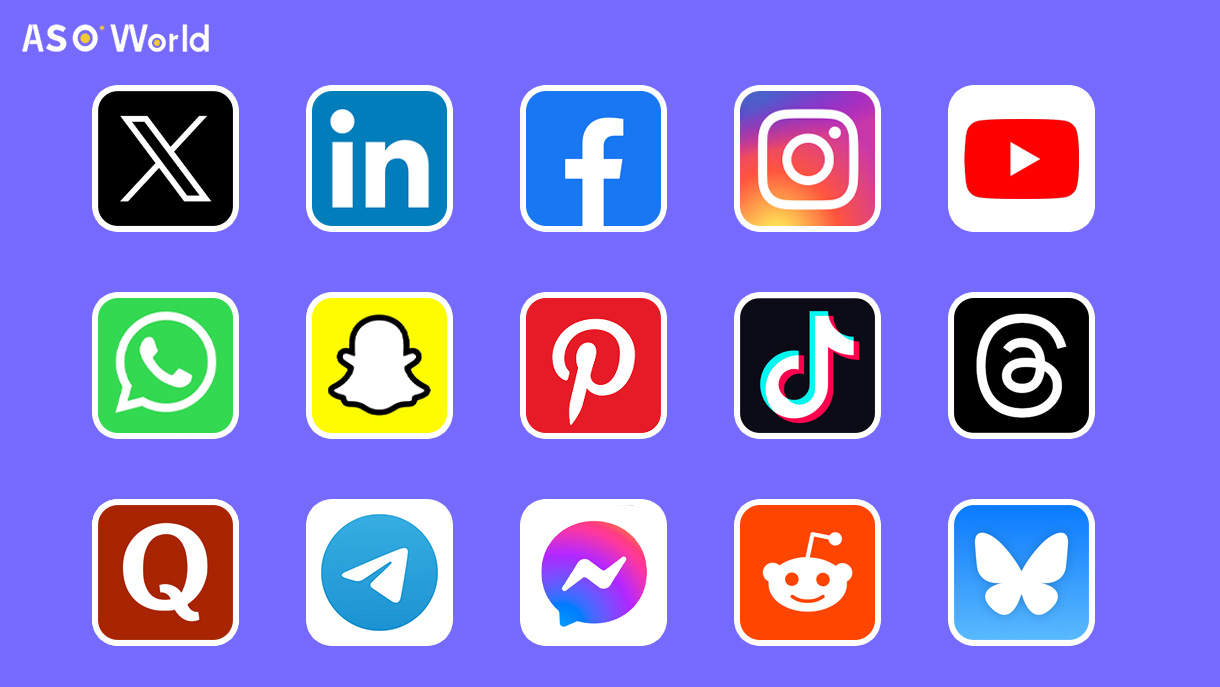
Editor's Comments
Bitchat is a bold step toward redefining how we communicate in a hyper-connected yet privacy-challenged world.
Its ability to function offline via Bluetooth mesh networks fills a critical gap left by mainstream apps, offering a lifeline for communities facing censorship or connectivity issues.
The integration of Bitcoin transactions, though experimental, signals a forward-thinking blend of messaging and decentralized finance, aligning with Dorsey's long-standing advocacy for cryptocurrency.
However, the lack of external security audits is a notable drawback, and users should heed the developers' caution for sensitive use cases.
Community discussions on Reddit and X highlight excitement for its potential in niche scenarios—like music festivals or disaster relief—but also call for features like voice messaging or broader platform support.
Looking ahead, we predict Bitchat could expand its ecosystem with a planned token launch, potentially rivaling apps like Bridgefy while addressing their security flaws.
If Dorsey's team continues rapid updates and secures third-party audits, Bitchat could become a staple for privacy-conscious users and crypto enthusiasts alike.
FAQs
1. What is Bitchat, and how does it work?
Bitchat is an offline messaging app by Jack Dorsey that uses Bluetooth mesh networks to send messages without internet or cellular service. Devices relay messages within a 100–300-meter range, ideal for festivals, protests, or areas with poor connectivity.
2. Do I need to share personal info to use Bitchat?
No, Bitchat requires no phone number, email, or account. You choose an @nickname for anonymous chatting, enhancing privacy.
3. Is Bitchat secure for private messages?
Private messages are end-to-end encrypted, but the app lacks external security review. Public chats are safe, but avoid sensitive private messages until audits are complete.
4. Can I use Bitchat for Bitcoin transactions?
Yes, Bitchat supports experimental Bitcoin transactions via Cashu ecash over Bluetooth, as seen in X demos. It's not fully stable but shows promise for offline crypto transfers.
5. Why isn't Bitchat on Android yet?
Bitchat is currently iOS-only, with Google Play plans in progress. (Jack Dorsey retweeted a post on Twitter to warn users about fake apps.)
6. How does Bitchat compare to Signal or WhatsApp?
Unlike Signal or WhatsApp, Bitchat works offline, uses no servers, and collects no data. It’s designed for local, short-range communication, not global online chats, per Reddit discussions.
7. Will Bitchat stay free?
Currently free, Bitchat may introduce a token-based ecosystem, as hinted in X posts about a planned ICO and airdrop. Details remain unclear.
8. Why is Bitchat not connecting or receiving messages?
Some users report connectivity issues, such as iOS devices failing to connect or receive messages from Android. A new version addressing Android compatibility is under review, as noted by Jack Dorsey on Twitter.
Stay ahead of the curve with the latest app news 👉 Register to get updates on Bitchat and other trending apps!
